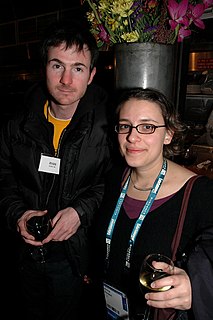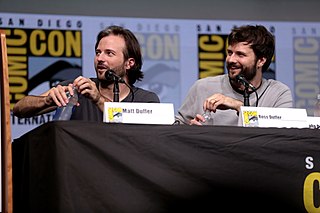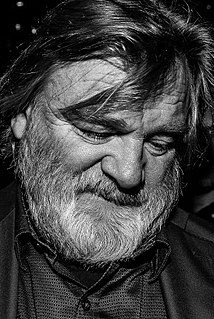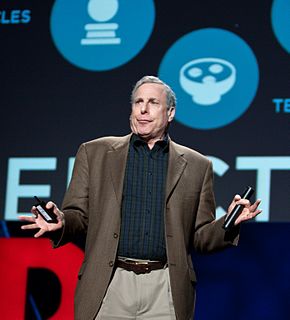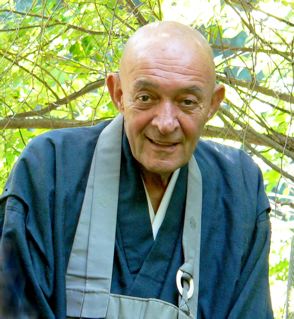A Quote by Jonathan Demme
When you're filming, if you can't capture the relationships and interplay, that magical thing that transpires between musicians during a performance, then you're not going to have a deeply interesting film. It's vital.
Quote Topics
Related Quotes
Motion capture is exactly what it says: it's physical moves, whereas performance capture is the entire performance - including your facial performance. If you're doing, say, martial arts for a video game, that is motion capture. This is basically another way of recording an actor's performance: audio, facial and physical.
In 'Uncharted,' we do the scenes the same way you would do a film or television show. The motion capture - the performance-capture process - is what makes such a difference for this franchise. So I don't approach it any differently. The other actors and I go in and rehearse scenes together, and then we go in the next day and perform.
We had this idea, and I think a lot of people did going in, that you can make some short film and it's going to get industry attention and that's going to be your thing. And it was only later on at school that we realized that's very rare that a short film is going to capture the attention of anyone.
My belief about performance capture is that it's a technology which allows actors to play extraordinary characters. But from an acting perspective, I've never drawn a distinction between playing a conventional, live action character and playing a role in a performance capture suit. And from a purely acting point-of-view, I don't believe there should be a special Oscar category because I think it sort of muddies the waters in a way.



